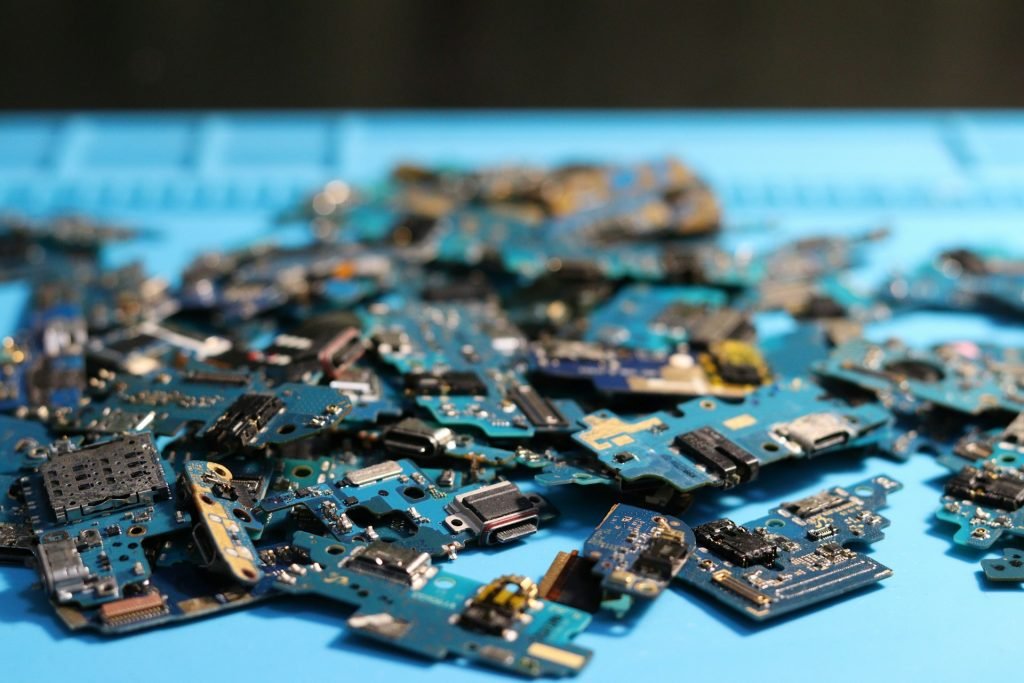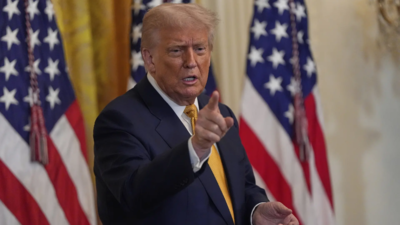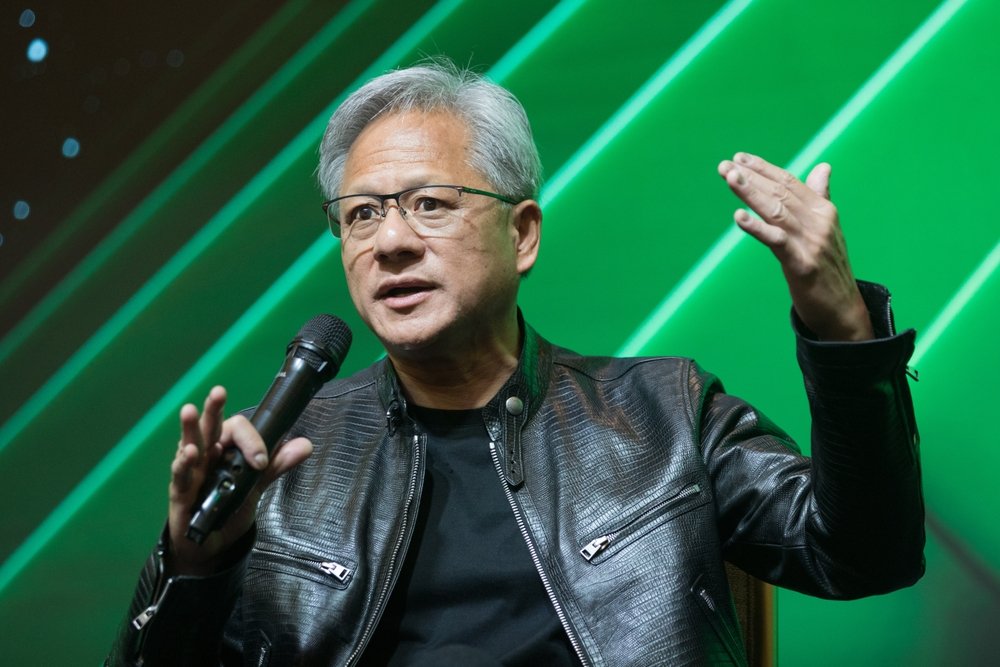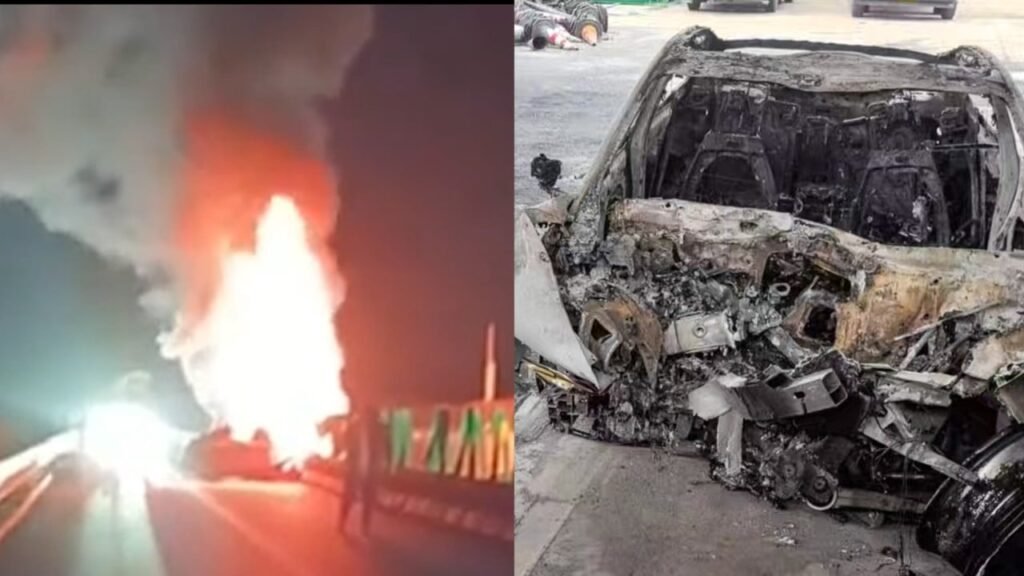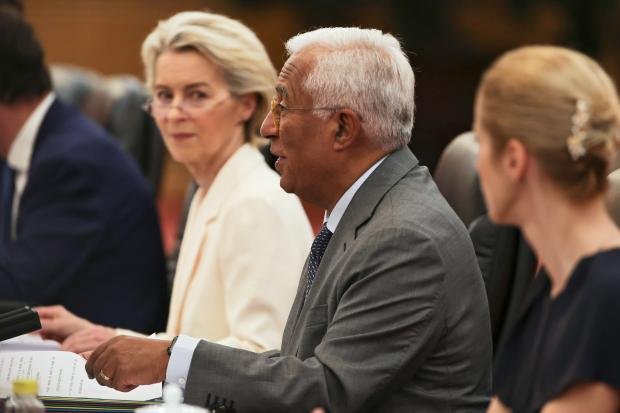The number of casualties the U.S. military would suffer in a war against China could be unlike anything it has experienced during the post-9/11 wars, said Lt. Gen. Joel “JB” Vowell, deputy commanding general for U.S. Army Pacific.
“Our assumptions for planning is that casualty estimates will be much higher than you might have seen or witnessed as part of the Global War on Terror between Iraq and Afghanistan and other places where there are very small numbers, relatively in contacts who were who were killed and injured, as compared to large-scale combat operations,” Vowell recently told reporters. “A potential conflict with the People’s Republic of China likely would result in large-scale casualties.”
China has a growing arsenal of hypersonic missiles and other advanced weapons that could pose a major threat to U.S. ships, including aircraft carriers, which can have a crew of up to 5,000 sailors and Marines.
“Those potential casualties are there, so we have to calculate that mass casualty event,” Vowell told reporters at a July 22 Defense Writers Group event, which is based at George Washington University in Washington, D.C., and funded by the Carnegie Corporation of New York.
Get Task & Purpose in Your Inbox
Sign up for Task & Purpose Today to get the latest in military news each morning, and The Pentagon Rundown for a weekly breakdown of the biggest stories every Friday.
The Center for Strategic and International Studies, or CSIS, has conducted 50 war games in recent years looking at a possible Chinese invasion or blockade of Taiwan that estimated between 9,500 to 21,000 U.S. troops would be killed and wounded, and that the American military would lose dozens of ships and hundreds of planes, said retired Marine Corps Col. Mark Cancian, a senior advisor with the think tank.
The reason the casualty numbers are not higher is the scenarios did not envision U.S. troops being involved in ground combat, Cancian told Task & Purpose. Taiwanese ground forces fought Chinese troops in these wargames.
U.S. casualties would likely run higher if American ground troops were tasked with defending Taiwan or recapturing lost allied territories, such as Matsu and Kinmen islands, which are governed by Taiwan, he said.
Top Stories This Week
While tens of thousands of U.S. troops were injured in the Iraq and Afghanistan wars, they frequently received life-saving care quickly. Air superiority often allowed U.S. military helicopters to evacuate service members to Combat Support Hospitals and Forward Surgical Teams with the “golden hour” — or 60 minutes from being wounded.
Far more service members would be wounded and need to be medically evacuated in a conflict with China than the U.S. military has had to deal with during the Global War on Terrorism, Vowell said.
“It’s not a simple problem of the golden hour,” he said, adding that instead of the U.S. military having to transport one or two service members wounded by an improvised explosive device to surgical teams,”It’ll be hundreds.”
To treat the casualties from a war with China, the U.S. military would likely need to partner with other countries, deploy updated versions of Mobile Army Surgical Hospitals in forward areas, and transport patients out of the region for surgical care, Vowell said.

But evacuating casualties from the Western Pacific to advanced trauma centers far from the front lines would be a “huge challenge” given the vastness of the Indo-Pacific region, Vowell said.
“And I’ll be honest, I don’t know if we have the full answer on it,” he added.
Manila in the Philippines is about 7,400 miles from San Diego. That’s more than twice the distance between New York and London, Vowell said. It is even further to get from the Arctic Circle to New Zealand.
Exacerbating the problems of transporting wounded troops such long distances, China can keep combat zones under persistent surveillance and strike U.S. ships and airfields, he said.
In addition to evacuating wounded troops, bringing fallen service members home could also prove to be difficult, said Vowell, who noted that more than 17,000 soldiers, sailors, airmen, and Marines who were killed in World War II are interred at Manila American Cemetery in the Philippines.
“That’s why we have overseas cemeteries,” Vowell said. “We don’t want to have to do that again.”
All these challenges underscore the scale of how destructive a conflict with China would be, he said.
“And so, the ultimate goal here, ladies and gentlemen, is no war,” Vowell said. “It would be catastrophic on a humanitarian scale, civilians, military alike. It’d be catastrophic on a global economic scale. And so medically, we practice what to do to protect and to triage and to evacuate our soldiers, I think we’ve got work to do there.”

Task & Purpose Video
Each week on Tuesdays and Fridays our team will bring you analysis of military tech, tactics, and doctrine.

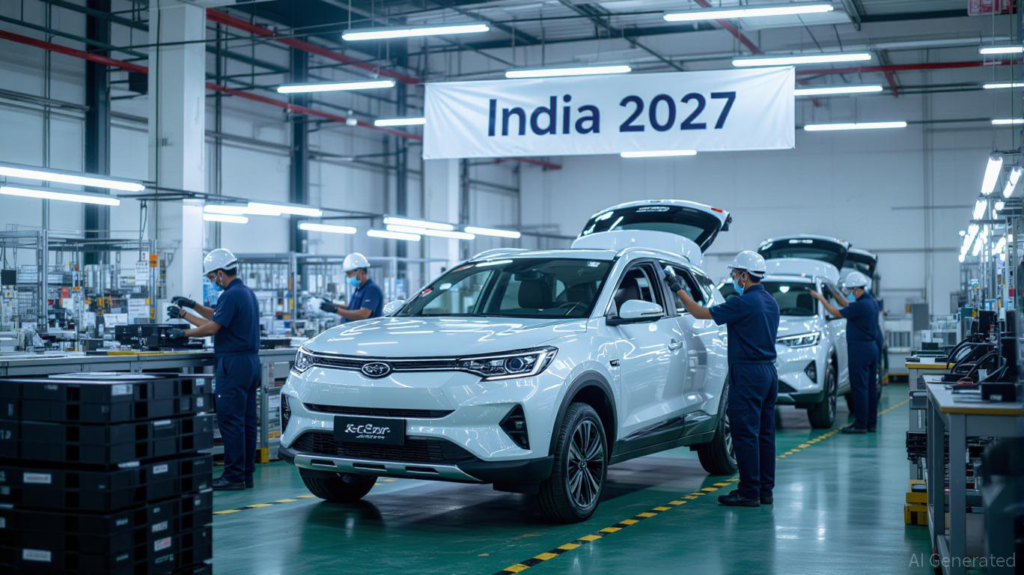

![[News] Samsung Reportedly Weighs Carbon Fiber in Next-Gen Foldable Amid China Supply Risks](https://koala-by.com/wp-content/uploads/2025/07/Samsung-Galaxy-Z-Fold-7-20250724-624x351.jpg)
